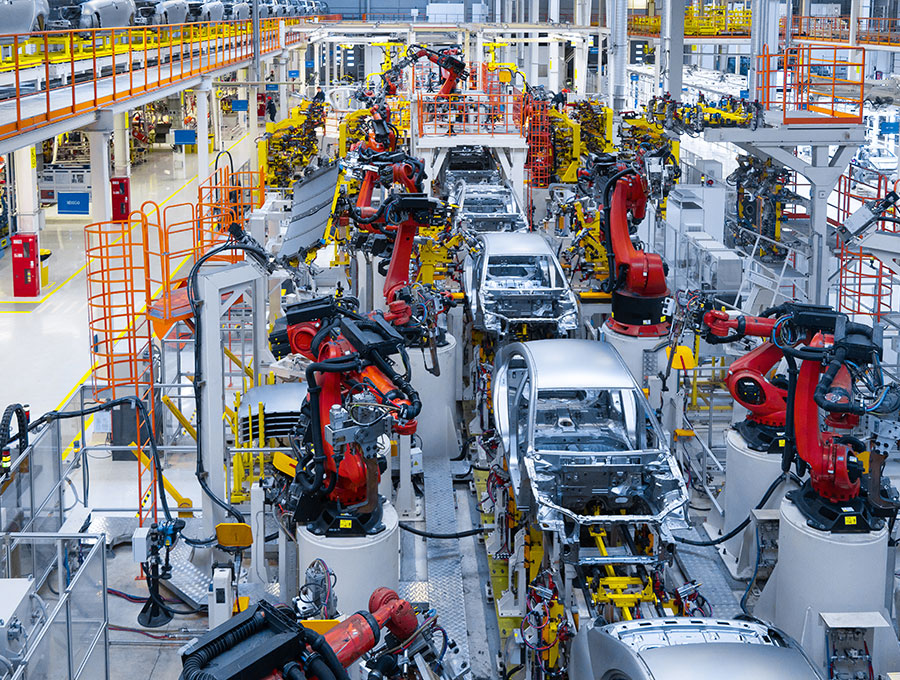
Role of blockchain in the Automobile Industry
Blockchain technology is a revolutionary new way of creating trust and providing secure transactions among multiple parties. It has the potential to transform the way manufacturing companies do business, from production and supply chain management to data tracking and product traceability.
The use of blockchain technology in manufacturing has the potential to reduce costs, improve efficiency, and increase transparency. In addition, it can enable faster and more secure product tracking, provide a secure platform for data exchange between different parties, and create a secure digital asset ownership system. It also has the potential to enable new business models, such as micro-manufacturing, and to enable cross-border manufacturing.